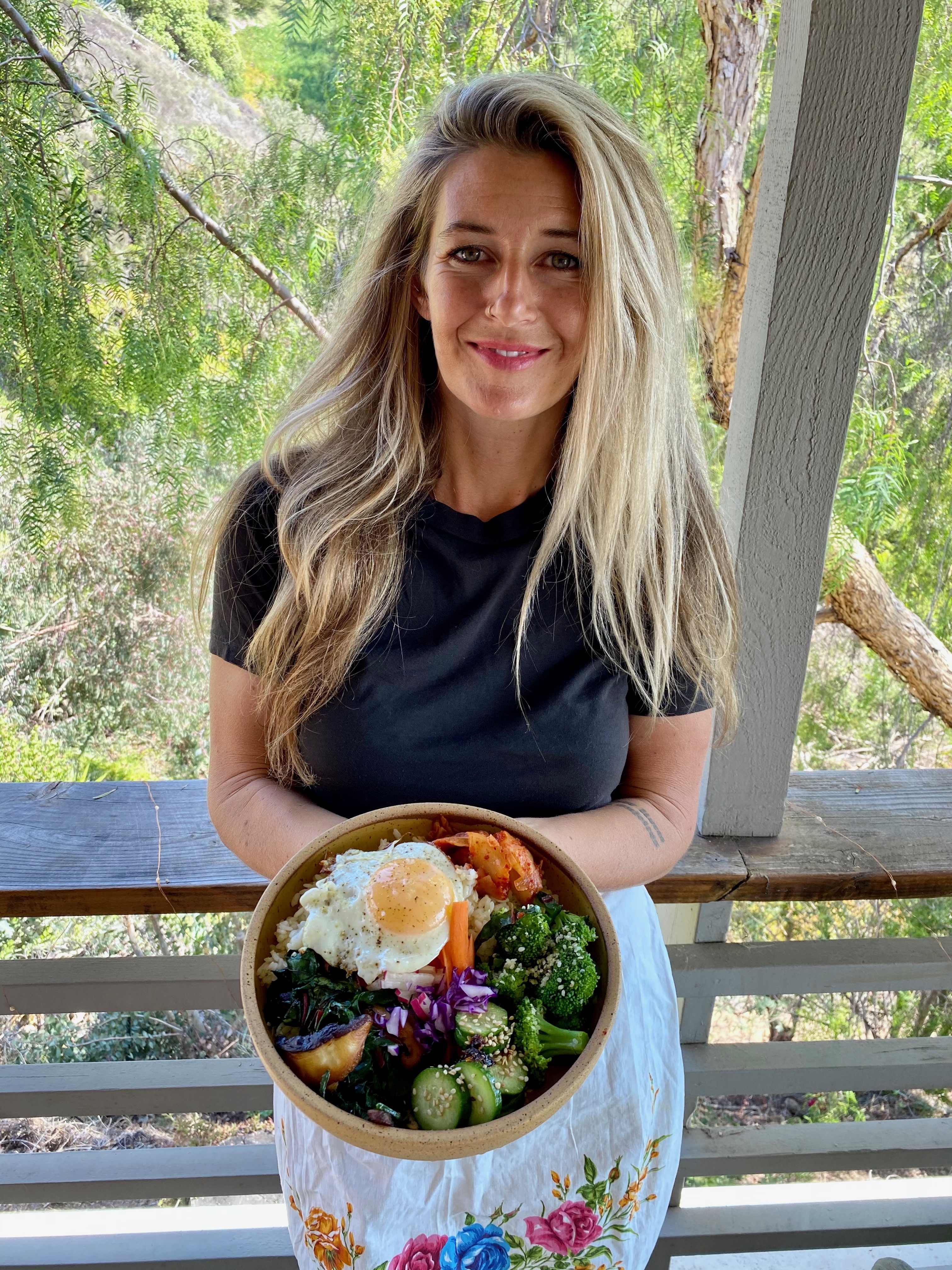büddhi babble podcast Episode #
22
Eat the Rainbow with Chef & Food Educator Coree Jo Costa
Our Special Guest
Coree Jo Costa

We sit down with our dear friend Coree Jo Costa, aka The Juiciest Fruit, to talk about a more intuitive way of eating. Coree Jo doesn’t prescribe diets or rules—instead, she encourages self-study, listening to your body, and keeping it simple with her favorite principle: eat the rainbow. It’s an easy, nourishing way to get more nutrients from whole foods, skip the diet noise, and feel good about how you eat again.



